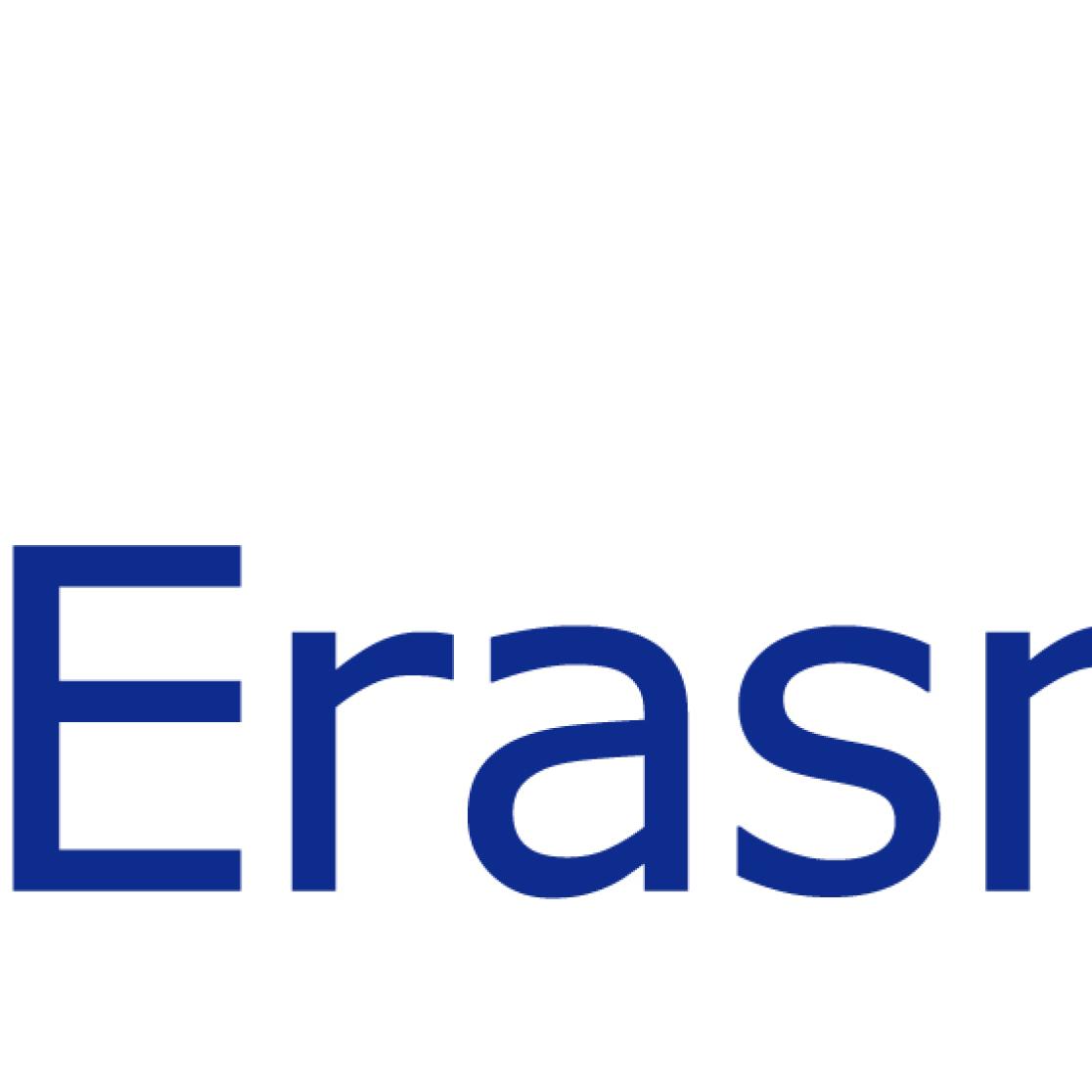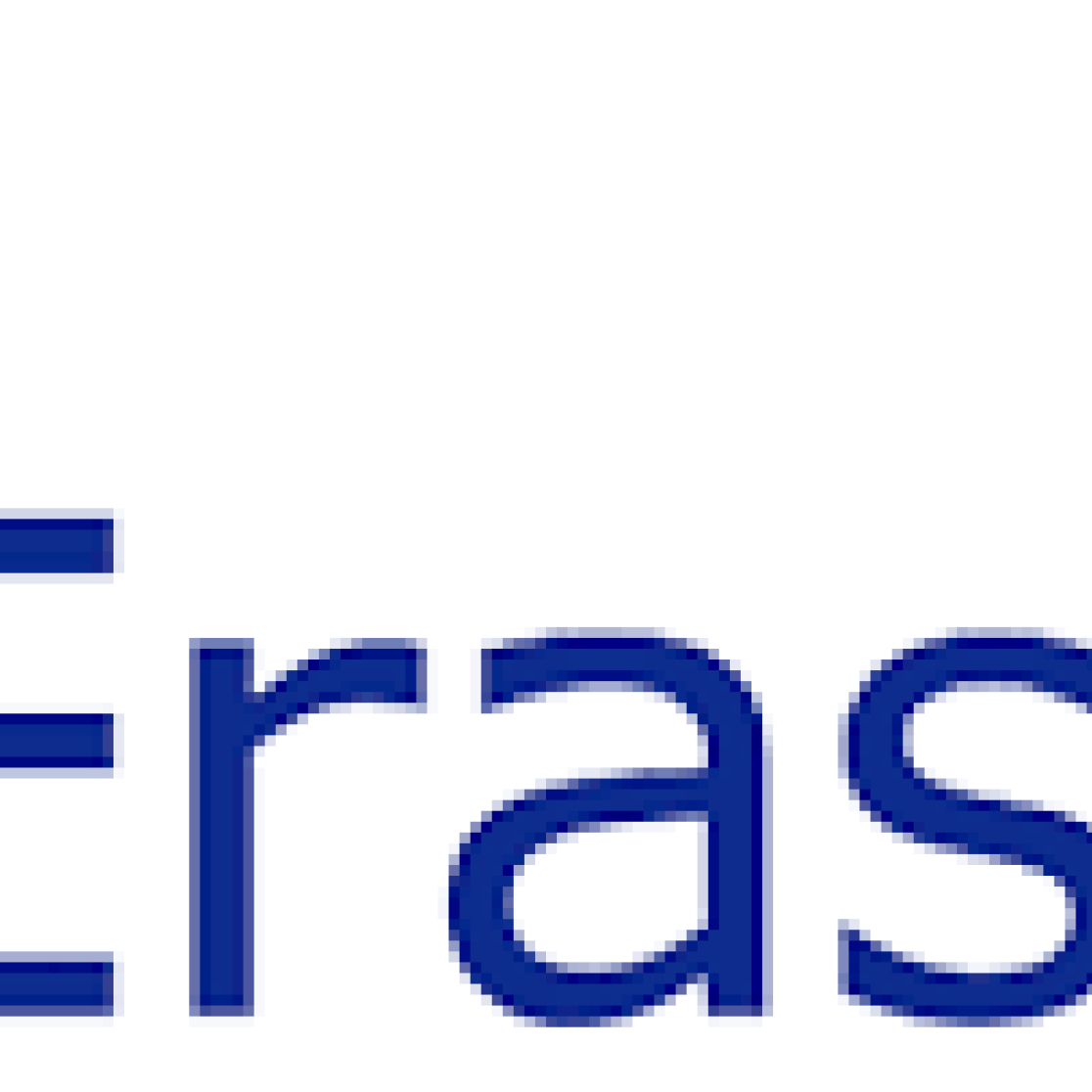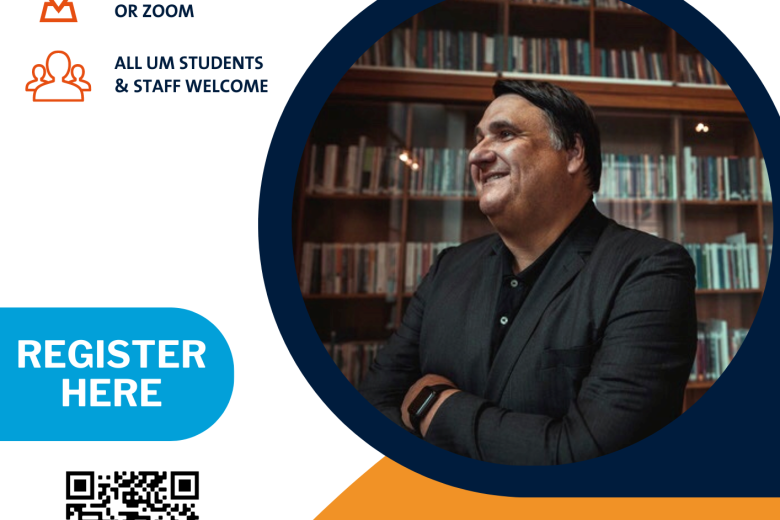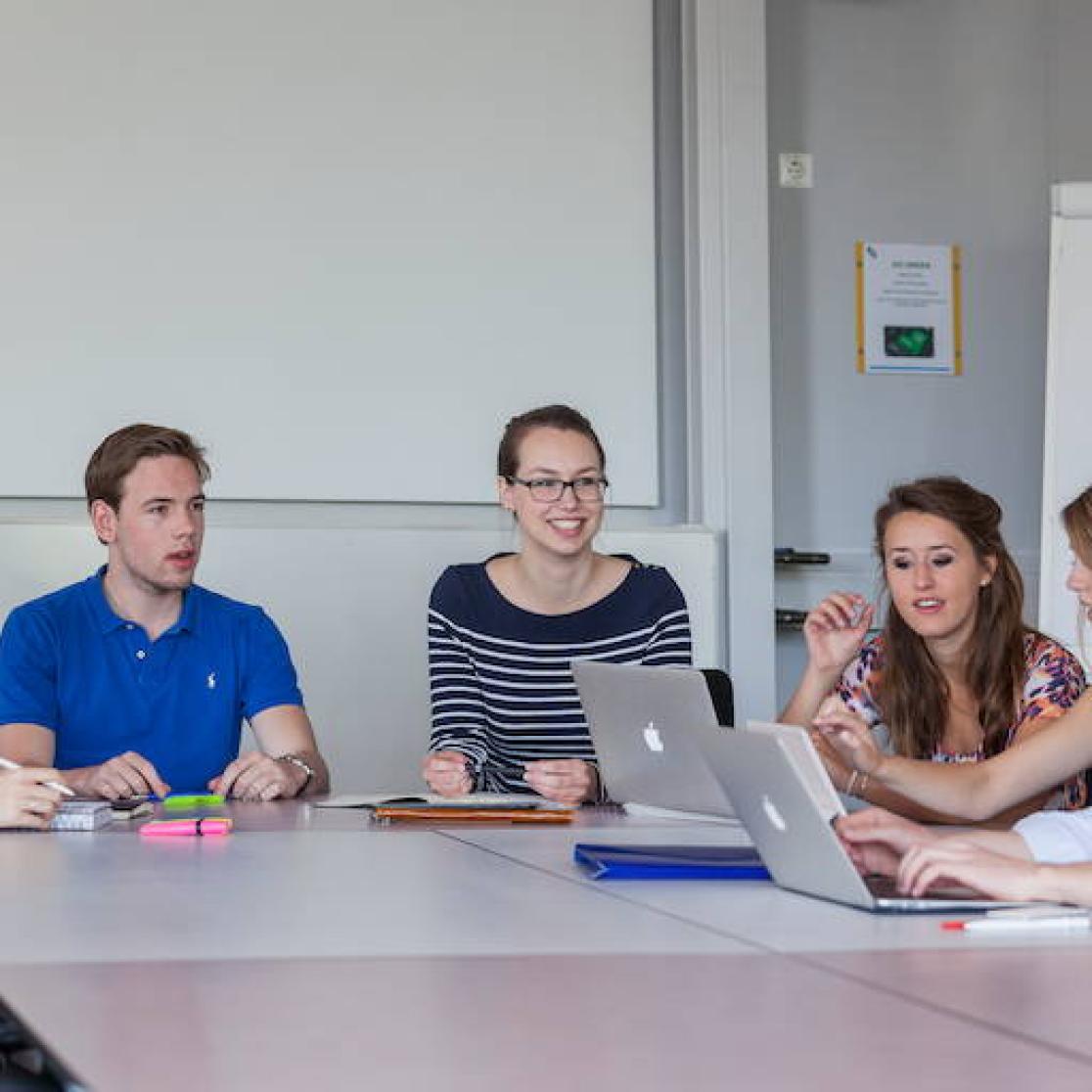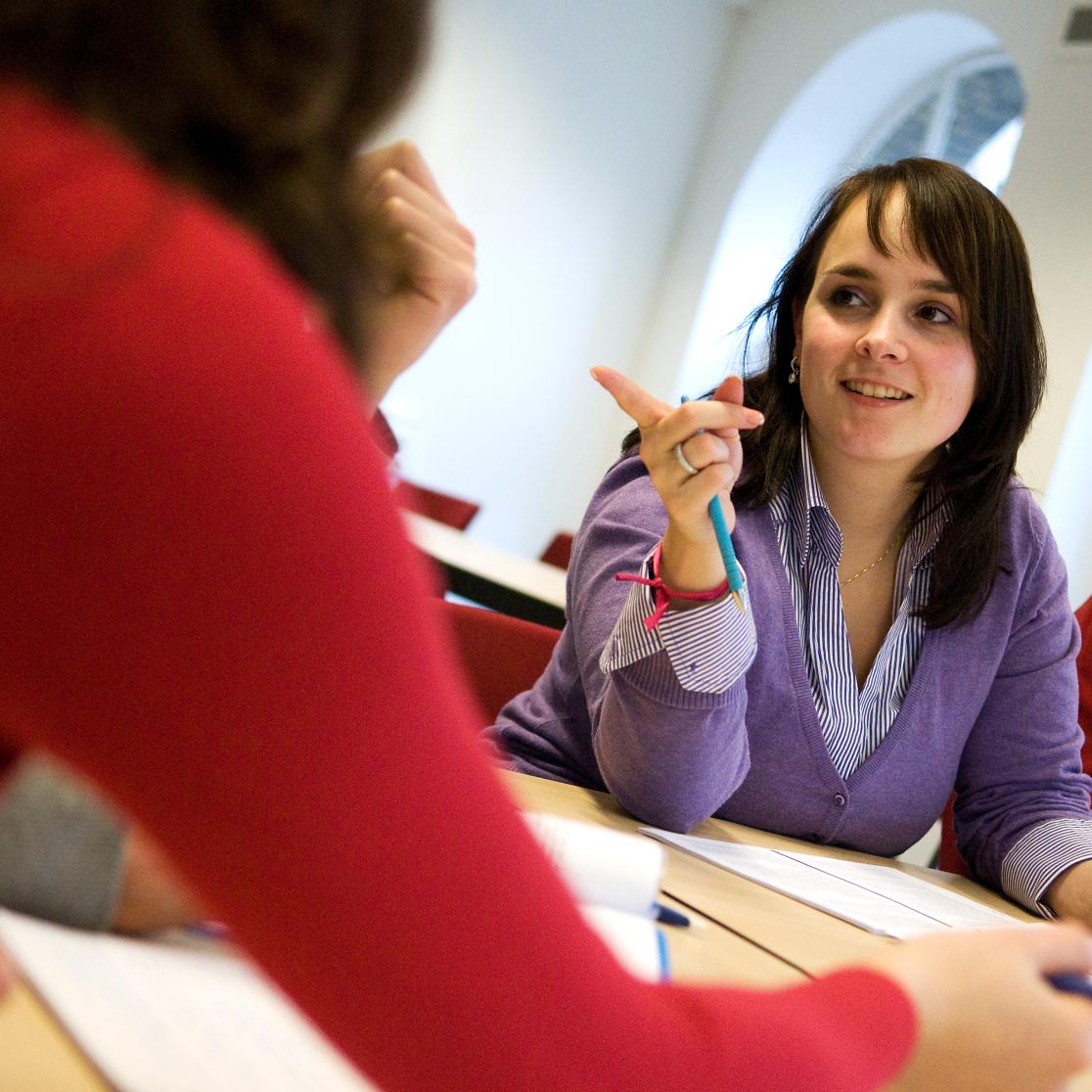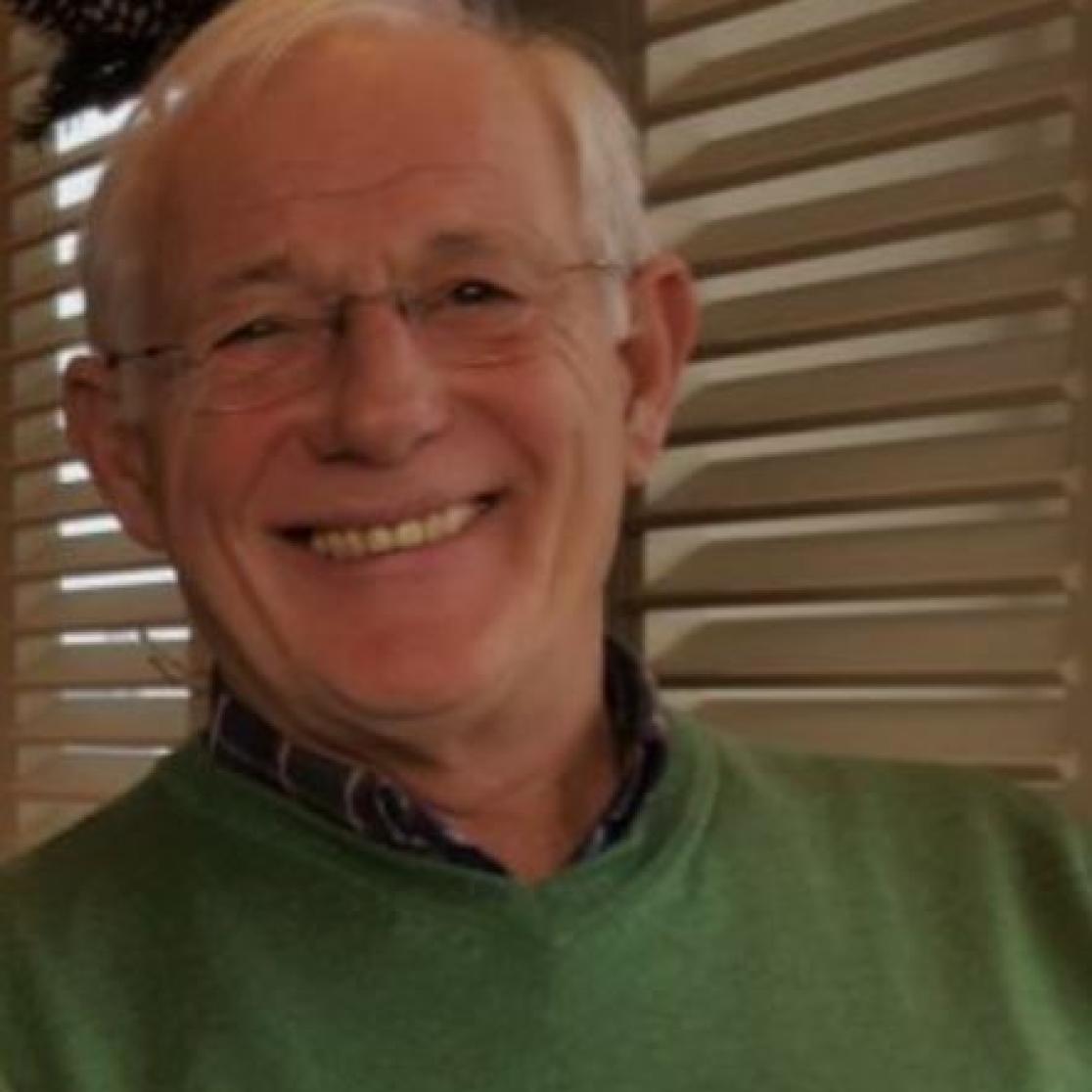- TAEC Literature Database
The TAEC Literature Database includes research on EMI in higher education across five different countries, Denmark, Italy, Spain, the Netherlands, and Croatia, in the period between 1999 and 2018. The five countries are intentionally selected to represent contexts at different stages of EMI implementation and EMI research histories. It includes 206 resources, i.e. articles, books (monographs and edited books), book chapters, chapters in proceedings, handbooks, institutional documents. The database entries were annotated based on a number of different categories, including language of publication (Catalan, Croatian, Danish, English, Italian), type of publication (e.g., journal article, book chapter), area of interest (e.g., policy, language use, assessment), foci (e.g., attitudes, intercultural communication, learning outcomes), type of research (e.g., empirical, conceptual), type of analysis (e.g., qualitative, quantitative), methodology (e.g., case study, ethnography), data (e.g., questionnaire, interview), domain (e.g., social sciences, life sciences), as well as information about the research questions, methodological specifications, and main findings. The database is searchable, and the entries can be sorted according to one or more of the above categories. The entries were double-coded, which means four coders annotated 10% of the entries again in order to ensure the consistent application of the categories. A high inter-coder agreement was achieved, i.e. the coders agreed on average on 90% of the annotation categories for the entries. The resources were selected based on their relevance for EMI, which was defined as:
English-medium instruction is characterised by four main features: 1. English is the language used for instructional purposes; 2. English is not itself the subject being taught; 3. Language development is not a primary intended outcome; 4. For most participants in the setting, English is a second language. (Pecorari & Malmström, 2018)
If you use the database for your research, we recommend the following citation:TAEC Literature Database (2020). The Transnational Alignment of English Language Competences for University Lecturers Literature Database. TAEC Erasmus+ project (2017-2020). URL (date of last access).
Please, see report attached.
2. TAEC EMI Lecture Corpus. Please, see report attached.
3. Linking the TOEPAS with the CEFR. Please, see report attached.
4. TAEC EMI Handbook. The Handbook can be downloaded, see attached. Recommended citation: TAEC EMI Handbook (2019). TAEC Erasmus+ project (2017-2020).
